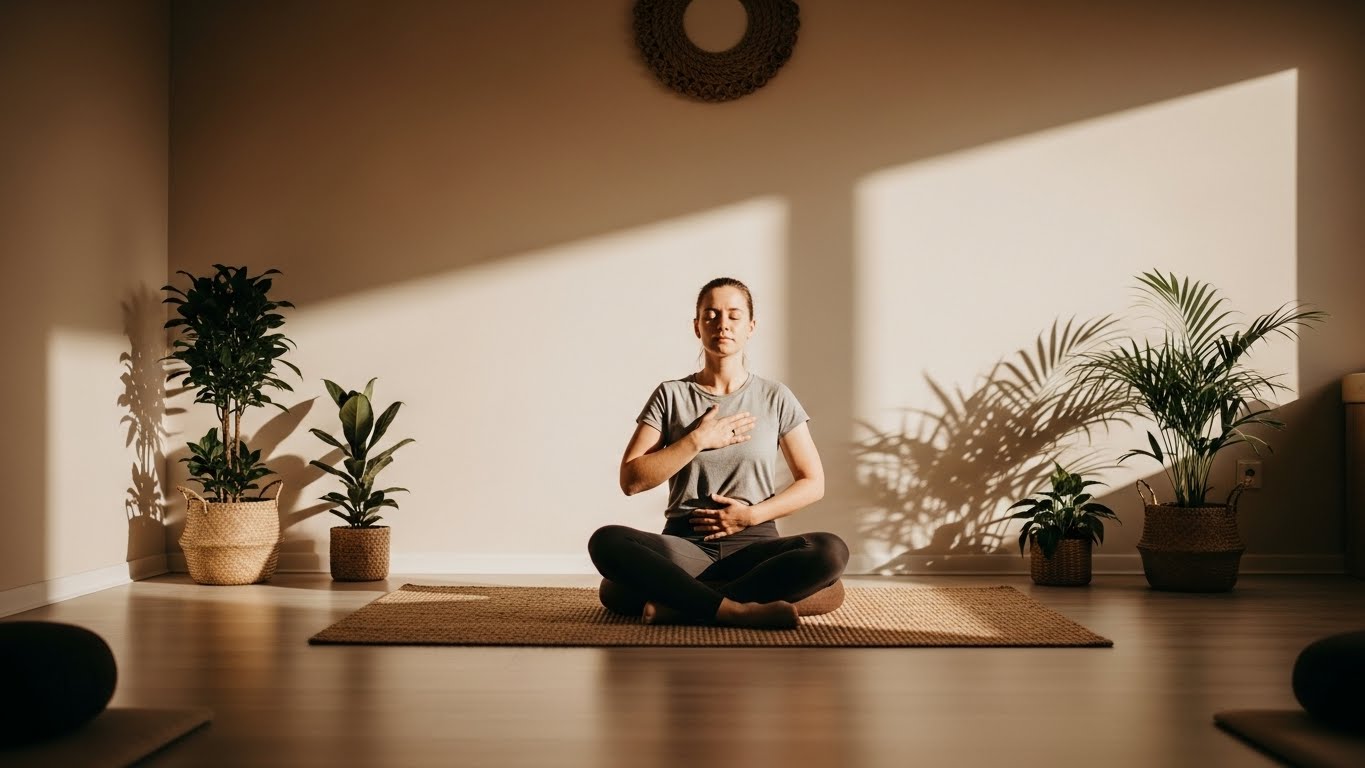Life is full of stress. Not just the emotional kind, but physical and chemical too. Your body constantly adapts to these forces — adjusting, compensating, and finding balance. In chiropractic philosophy, health isn’t defined by how you feel, but by how well you adapt.
The Body as an Adaptive System
From the moment you wake up, your body is responding to change. Whether it’s adjusting your posture when you stand, regulating your temperature, or maintaining focus through a busy day, every process depends on the body’s ability to adapt.
Adaptation is what keeps us alive. But when the demands on the body exceed its capacity, strain can build up. You might not notice it immediately, but over time, this can affect how you move, recover, and even rest.
The Chiropractic Perspective on Stress
In chiropractic, historically described as a vertebral subluxation — a term used to describe a pattern of joint and nerve dysfunction. It’s not the same as a medical subluxation (a partial dislocation). Instead, it refers to subtle bio-mechanical or functional changes in the spine that may influence how effectively the body adapts
This doesn’t mean the spine is “out of place.” It means that the body’s natural communication network — the nervous system — might not be working as freely as it could.
By assessing and gently adjusting areas of restriction, chiropractic care aims to support spinal movement and help restore clearer communication between the brain and body.
Three Types of Stress We All Face
Every day stress comes in different forms:
- Physical Stress — things like posture, repetitive movements, or minor injuries.
- Chemical Stress — nutrition, hydration, and environmental factors that influence body chemistry.
- Emotional Stress — our thoughts, relationships, and mental load.
These stresses interact constantly. For example, emotional stress can cause muscle tension, and physical discomfort can influence mood. Your body doesn’t separate them — it responds as one integrated system.
Chiropractic doesn’t remove stress, but it may support the body’s ability to manage and recover from it.
Adaptability: The True Measure of Health
Health isn’t just about feeling good. It’s about how effectively your body can respond to challenges.
A resilient body can adjust to stress, recover quickly, and return to balance. A body under strain may struggle to adapt, manifesting as tension, fatigue, or restricted movement.
When your spine moves freely and your nervous system communicates clearly, the body often finds it easier to self-regulate. That’s the heart of chiropractic care: supporting the body’s capacity to function well, not chasing symptoms.
What Chiropractic Care Can Support
While chiropractic doesn’t treat or cure disease, it focuses on the structure and function of the spine and joints — key elements in overall mobility and comfort. Clients often describe feeling:
- A sense of lightness or ease
- Improved awareness of posture
- More freedom in movement
These aren’t “cures,” but signs that the body is adapting more efficiently.
A Balanced Approach to Wellbeing
At The Garden Studio, chiropractic care is one part of a broader approach to wellbeing. It’s about movement, awareness, and adaptability.
We encourage you to:
- Move often, in ways that feel natural.
- Breathe deeply and rest well.
- Pay attention to what your body tells you.
By combining these principles with gentle, evidence-informed chiropractic care, we aim to help you navigate life’s stresses with more resilience.
Conclusion
Stress is part of life — but how you adapt to it defines your health.
Chiropractic care doesn’t eliminate stress. It helps your body manage it, by supporting movement, posture, and the communication between body and brain.
At The Garden Studio, our goal is simple: to help you move through life with greater ease, awareness, and adaptability.



